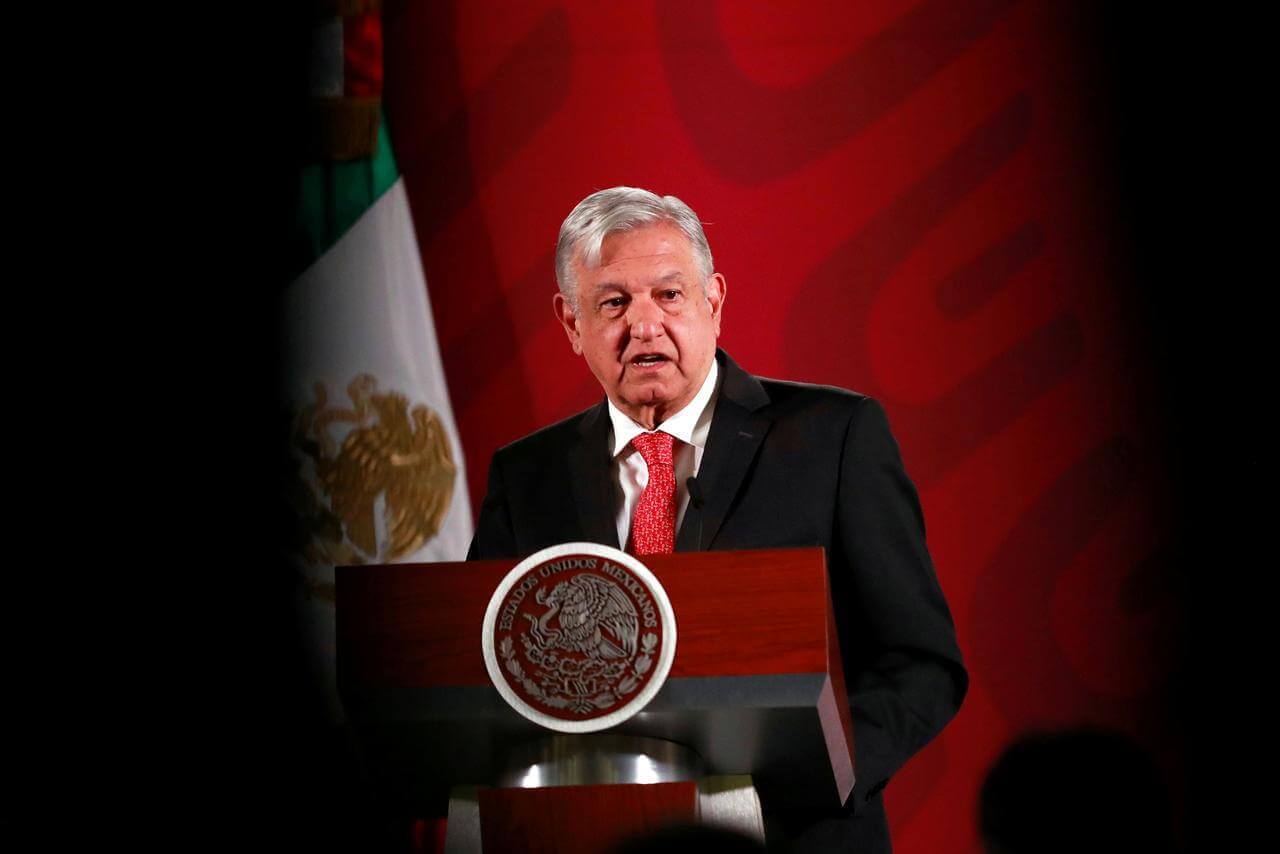Mexican President Andrés Manuel López Obrador (AMLO) knowingly risked the wrath of Donald Trump, president of Mexico’s largest trade partner, when he said that he would sell gasoline to Venezuela “if it were a humanitarian necessity”. He said, “We are free, Mexico is an independent country, sovereign, we make our own decisions and we don’t get involved in the policies of other countries.” AMLO added, “It is self-determination of the people and help in humanitarian ways. No one has the right to oppress others, no hegemony can squash another country.”
Unlike the US and over 60 other countries across the globe, Mexico has not recognized Juan Guaidó, the opposition leader, as the interim president of Venezuela. Under AMLO, Mexico has adopted a non-interventionist foreign policy.
Due to a combination of corruption under President Nicolás Maduro and crippling US sanctions, including against the state-run oil firm PDVSA, oil production has taken a severe downturn in Venezuela, despite it having the world’s largest oil reserves. This situation has been further hastened by Maduro’s decision to impose a limit on state subsidies, which had previously kept oil prices in the country artificially low. Thus, Venezuela is now forced to depend on importing gasoline. Iran, for instance, sent five tankers of gasoline to Venezuela in May.
Despite AMLO’s proclamation, however, it is unclear whether Mexico would be able to sell gasoline to Venezuela in the first place. Mexico imports much of its gasoline from the US, with the country’s Energy Ministry saying in 2019 that three-fourths of Mexico’s gasoline is imported. While AMLO has initiated projects to build new oil refineries to reduce its dependency on the US and on imports at large, it has not yet reached a stage of self-sufficiency or even of reduced dependency.
Thus, the threat of US legal and financial action forms a dark and ominous cloud over such actions. Some companies in China and Russia, for instance, have put an end to oil trade with Venezuela. Moreover, AMLO has sought to improve the fractured US-Mexico relationship during his term. In April, he hailed his “friendship” with Trump. His latest words could undo that progress.
Also Read: COVID-19 Crisis Improves Fractured US-Mexico Relationship
This friendship has not only yielded platitudes, but also tangible benefits. When Trump was brokering a deal between oil-producing nations to reduce production, Trump offered to further reduce US production on behalf of Mexico. This would allow Mexico, which could not afford to significantly reduce production, to make fewer cuts than required by the deal right now, provided that it pays the US back in the future.
Trump also called López Obrador to say that the US would send Mexico 1,000 ventilators, and offer the option to buy more. In addition, the Department of Homeland Security has engaged in cordial relations with Mexico over restricting non-essential travel across the southern border during this pandemic.
Of course, much of the thawing in this relationship cannot be attributed to the ongoing coronavirus crisis alone. In fact, it has been an ongoing process for over a year now. López Obrador has long talked about stepping away from his predecessors’ policies of privatizing state-owned businesses and unions. However, last year, Mexico signed a new regional free-trade agreement with the US and Canada. This indicated that López Obrador had understood that, in order to protect Mexico’s economy from the highly volatile Trump, he may need to not only massage Trump’s ego through his words, but his actions as well.
Similarly, when an overwhelming amount of asylum seekers arrived at the US-Mexico border last year, Mexico avoided the crippling tariffs Trump was threatening by deploying its National Guard to stop several Central American immigrants headed north to the US. Mexico also acquiesced to Trump’s policy of making asylum seekers wait in Mexico while their cases were being processed in the US. Even during the ongoing pandemic, the US is using its health emergency to send Mexicans and Central Americans back to Mexico.
Thus, given the fragility of Mexico’s economy, López Obrador has had to swallow his pride and forgo some of his core policies to appease Trump. While this has reduced Mexico’s autonomy in a sense, it has also bought some goodwill and softened the position of Trump, who has previously engaged in a far greater level of aggression against Mexico.
However, given AMLO’s latest statements–in which he openly opposes the US’ position on Venezuela and boasts of Mexico’s sovereignty–threaten to destabilize US-Mexico relations once more, especially given the fragile ego and volatility of Trump. AMLO’s thoughts were also echoed by Trinidad and Tobago Prime Minister (PM) Keith Rowley, who said that US Presidential Executive Orders are not international law.

